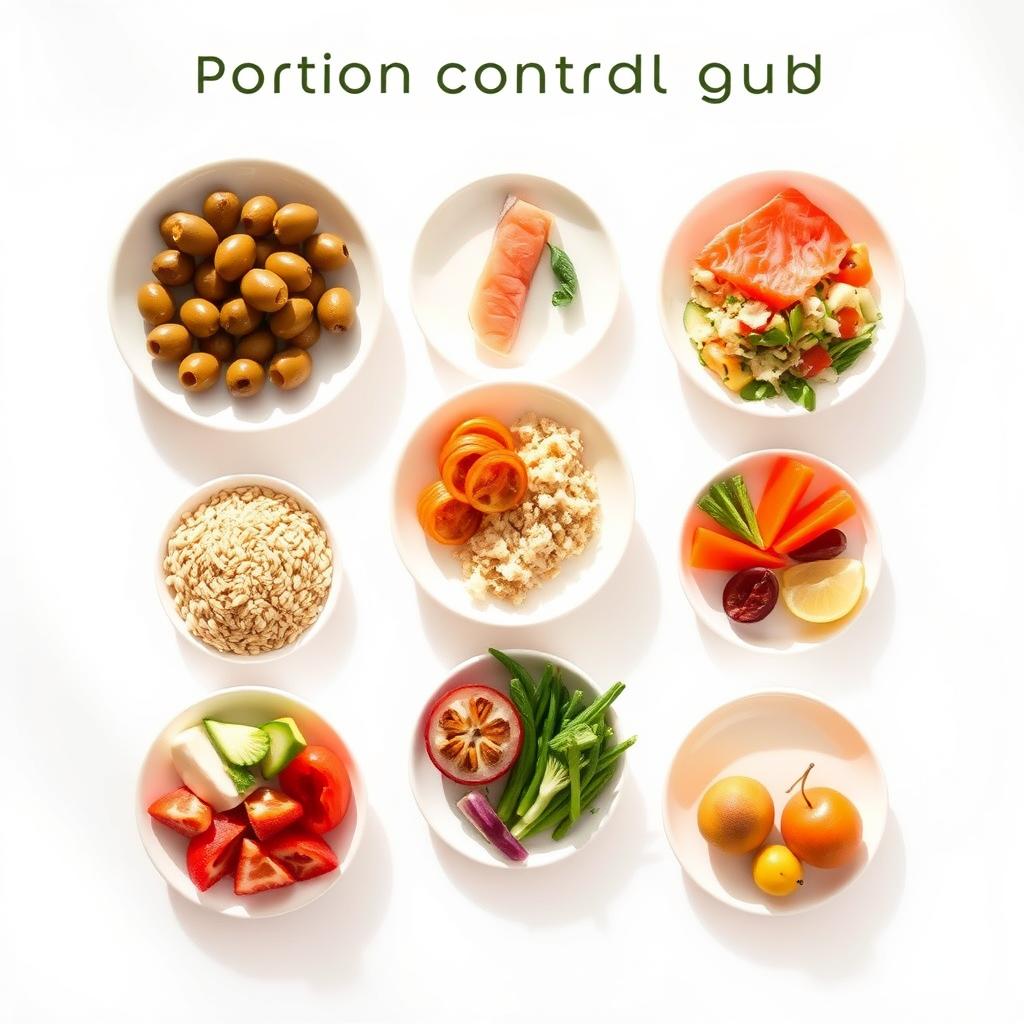Eating well doesn’t have to feel restrictive. The Mediterranean way of eating focuses on fresh, wholesome foods that nourish your body and delight your taste buds. It’s more than just a meal plan—it’s a lifestyle rooted in balance and enjoyment.
Thank you for reading this post, don't forget to subscribe!This approach highlights plant-based foods, healthy fats like olive oil, and lean proteins such as fish. Red meat and sweets take a backseat, making room for vibrant flavors and heart-friendly ingredients.
Studies show this style of eating supports longevity and reduces the risk of chronic illnesses. Whether you’re aiming for better heart health or simply want to feel energized, this method offers flexibility without strict rules.
Let’s explore how small changes can lead to big benefits—one delicious bite at a time.
What Is the Mediterranean Diet? A Simple Breakdown
Fresh flavors and simple ingredients take center stage here. This way of eating emphasizes plant-based meals, shared with family and friends. It’s about joy, not just nutrition.
Fill your plate with colorful vegetables, beans, and whole grains. Add lean proteins like fish or poultry a few times a week. Red meat and sweets are occasional treats.
Swap butter for olive oil as your go-to fat. It’s rich in heart-healthy monounsaturated fats. Dairy and wine fit in moderation—think a glass of wine with dinner or a sprinkle of cheese.
Unlike typical Western diets packed with processed foods, this approach focuses on real, wholesome ingredients. Meals are balanced, satisfying, and full of flavor.
Why the Mediterranean Diet Works: Science-Backed Benefits
Science confirms this eating style delivers real health perks. From your heart to your brain, the benefits are backed by decades of research.

Your heart thrives on this approach. Studies show a 25–30% lower risk of cardiovascular issues. It cuts LDL cholesterol and reduces arterial plaque, thanks to olive oil and fiber-rich foods.
Inflammation drops, too. Antioxidants from veggies and whole grains fight cellular damage. This means fewer chronic disease risks over time.
Struggling with weight? Five-year studies link this lifestyle to lower obesity rates. Balanced meals keep you full without counting calories.
Your brain also gets a boost. Older adults see 35% slower cognitive decline. The mix of healthy fats and nutrients supports memory and focus.
Best of all, it adds years to your life. Research ties it to a 20% lower risk of early death. Small changes lead to big rewards—one tasty meal at a time.
Mediterranean Diet Food List: What to Eat and Avoid
Stocking your kitchen with the right foods makes healthy eating effortless. Focus on fresh, nutrient-packed ingredients that keep meals simple and satisfying.
Eat often: Drizzle dishes with olive oil, snack on walnuts, or add lentils to your soups. Fatty fish like sardines and salmon boost heart health. Greek yogurt and small portions of cheese add creamy richness.
Load up on colorful vegetables, berries, and whole grains like quinoa. These staples provide fiber and energy. For protein, try chickpeas or roasted veggies in place of meat.
Smart swaps make transitions easy. Use hummus instead of mayo or bake sweet potatoes instead of fries. Fresh herbs like basil add flavor without extra salt.
Limit: Skip sugary sodas, processed meats like bacon, and margarine. White bread and ice cream are occasional treats, not daily choices.
For vegetarians, chickpea burgers or veggie lasagna are hearty options. Your shopping list? Think avocados, brown rice, and leafy greens for endless meal ideas.
Portion Control Made Easy: Serving Sizes and Goals
Portion control doesn’t mean tiny meals—it’s about smart, satisfying servings. Visual cues simplify things: a fist-sized pile of veggies or a palm-sized piece of fish (3–4 oz) keeps portions in check.

Aim for 3 fruit servings daily (½–1 cup each) and 3–6 servings of grains like quinoa. Drizzle dishes with 1 tbsp of olive oil per serving—it’s rich in healthy fats but calorie-dense.
Watch for sneaky overeating. A handful of nuts (¼ cup) or 1.5 oz of cheese is plenty. Pre-portion snacks like almonds or carrot sticks to avoid mindless munching.
If you enjoy wine, stick to one 3.5 oz glass. It’s optional—skip it if you don’t drink. The key? Balance, not deprivation.
This diet thrives on flexibility. Fill half your plate with veggies, add lean protein, and savor every bite. Small steps lead to lasting habits.
7-Day Mediterranean Diet Meal Plan for Beginners
Starting a new way of eating can feel overwhelming, but this 7-day plan makes it simple. Packed with vibrant foods and easy recipes, it’s designed to help you build healthy habits without stress.
Day 1: Begin with steel-cut oats topped with flaxseed and berries. For lunch, try lentil soup with a side of whole-grain bread. Dinner? Grilled cod with roasted asparagus.
Day 4: Whip up a veggie omelet with spinach and feta for breakfast. Lunch is a chickpea salad drizzled with olive oil. End the day with herb-roasted chicken and quinoa.
Snack smart: Pair cucumber slices with tzatziki or enjoy a square of dark chocolate. Keep portions of nuts or chopped fruits handy for cravings.
Batch-prep tips: Cook a big pot of brown rice or roast a tray of mixed vegetables on Sunday. These staples save time and make meals effortless.
Love pizza? Try a whole-wheat crust topped with roasted peppers and olives. This lifestyle is flexible—focus on fresh, flavorful foods, and you’ll never feel deprived.
How to Stick to the Mediterranean Diet Long-Term
Making lasting changes to your eating habits starts with small, sustainable steps. Research shows 80% of people who adopt this flexible way of eating stay with it for over a year. The key? Focus on progress, not perfection.

Start with simple swaps like Meatless Mondays. Try roasted veggies or lentil stew instead of meat. Over time, these small shifts become second nature.
Turn meals into social events. Host a themed dinner with friends featuring grilled fish, hummus, and olive oil-drizzled salads. Shared experiences make healthy eating enjoyable.
Craving something sweet? Reach for dark chocolate (70%+) or fresh figs with honey. These treats satisfy without derailing your health goals.
Track non-scale victories like better digestion or steady energy. These wins keep you motivated far longer than a number on the scale.
This way of eating thrives on variety and flavor. Swap salt for herbs like rosemary or oregano. Use extra-virgin olive oil instead of butter. Every meal becomes a celebration of good food.
Your Journey to Health Starts Today
Healthy changes begin with simple steps—no rigid rules required. The Mediterranean diet adapts to your lifestyle, whether you love bold flavors or quick meals. There’s no single “right” way to enjoy its benefits.
For personalized tweaks, chat with a dietitian. Many notice better sleep and energy within weeks. Start small: swap chips for almonds or drizzle foods with olive oil.
Your heart and overall health will thank you. Tonight, share a colorful meal with loved ones—grilled fish, roasted veggies, or a lentil salad. Every bite counts.
